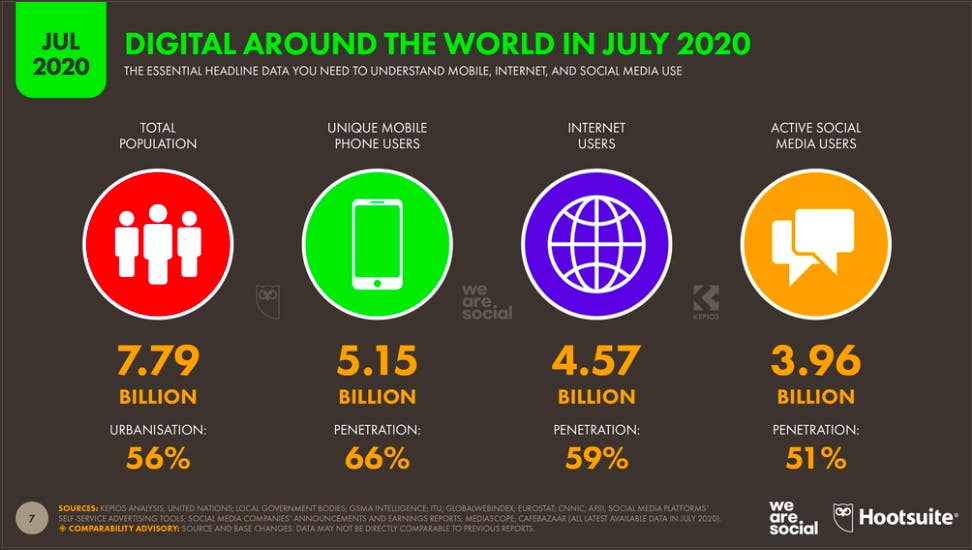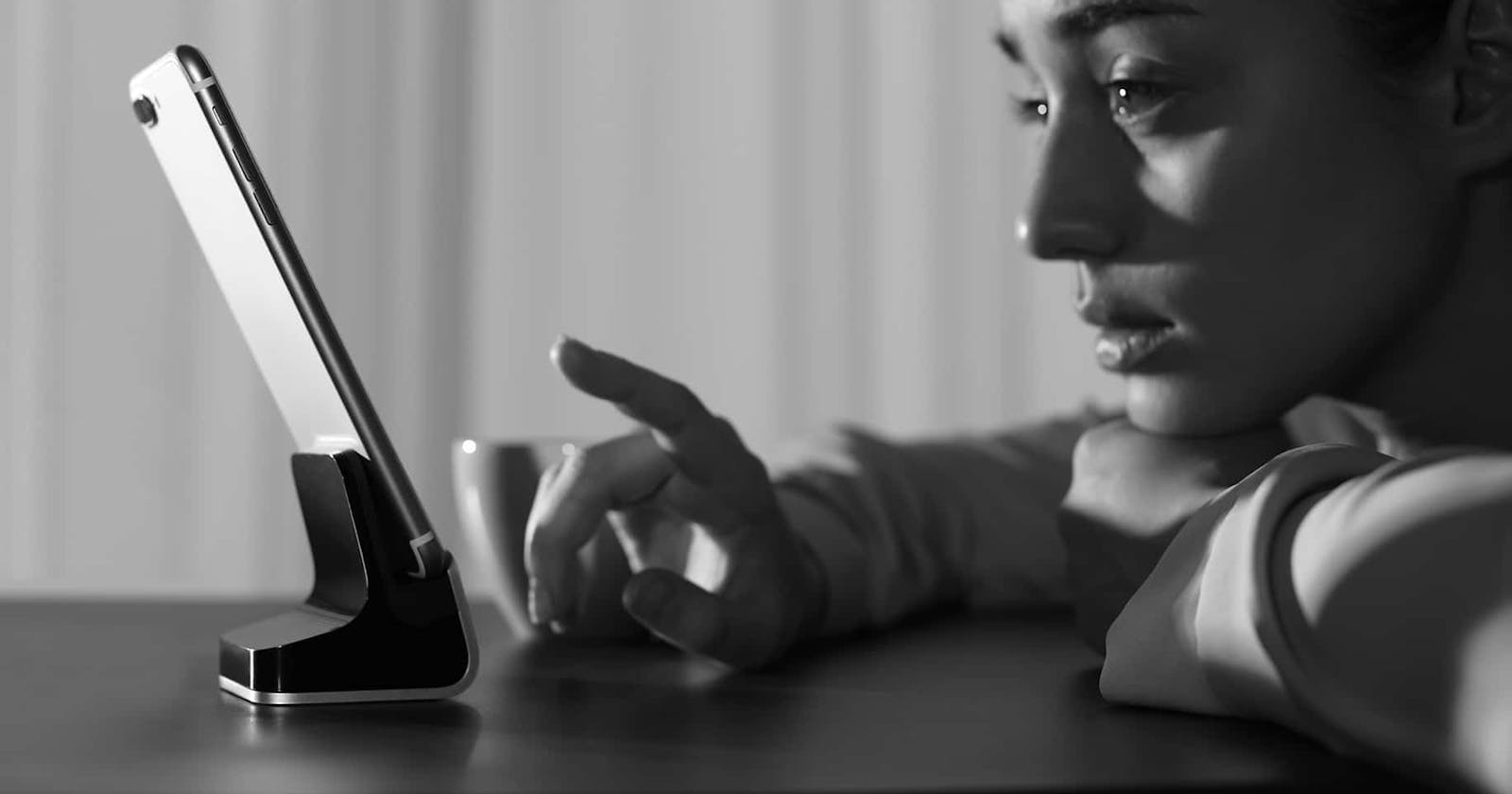Part One
One thing was certain, that the white kitten had had nothing to do with it:—it was the black kitten’s fault entirely.
Her phone rang.
She just received a new notification.
"I wonder what he ever saw in you. You are too ugly to be loved by anyone. The world would be better off if you were dead".
Tears run down her cheeks. She's alone now so it's okay to cry.
It's the latest of the onslaught. She was not to be spared. No mercy.
She had been preparing herself for these ever since she broke-up with her boyfriend yesterday. He was quick to make his case on Facebook, inquiring from the eagerly awaiting judges what their verdict would be against a girl who he has been in love with for over four years and has shown nothing but affection and support.
In the case of "Alice vs The People of The Internet", the verdict was immediate. She was guilty.
Her sentence?
To be stoned with words of hate laced with spikes of ridicule.
To be pushed to the edge.
Worst case scenario depression, best case suicide.
The Duchess said, “If everybody minded their own business, the world would go around a great deal faster than it does.”
According to evolutionary theory, different emotions evolved at different times. From Primal emotions, such as fear, to Filial emotions, such as love and then Social emotions, such as pride, guilt and shame.
There has been no better way to explore our social emotions as through Social Media. It feeds our ego, our pride, our lust, our love, our shame, our fears. It connects us like never before. It fits millions of people into the palm of our hand. It expands the reach of our right to freedom of speech. It offers anonymity. It offers an F-you pass to anyone, anywhere on the planet.
Over 50 years ago, during the Cold War, the internet was invented. It was to be used by scientists and researchers who needed to communicate and share data with each other.
Then came Sir Berners-Lee with his "I just had to take the hypertext idea and connect it to the TCP and DNS ideas and -- ta-da!-- the World Wide Web".
"ta-da!", indeed
Fast forward to the year 2020 and Alice can receive birthday wishes from 263 friends scattered around the world. "happy birthday love", "happy birthday dear", "hbd dear", "HBD sweet". Sixteen years ago she would have settled for a birthday card from her sisters, a letter from classmates, a teddy from Dad, a cake from Mom and maybe a bone crushing hug from her brothers, lucky girl.
The web and social media provide people with a range of benefits, and opportunities to empower themselves in a variety of ways. People can maintain social connections and support networks that otherwise wouldn't be possible, and can access more information than ever before.
"We human beings are social beings. We come into the world as the result of others' actions. We survive here in dependence on others. Whether we like it or not, there is hardly a moment of our lives when we do not benefit from others' activities. For this reason, it is hardly surprising that most of our happiness arises in the context of our relationships with others."
-- Dalai Lama XIV
Twice yearly, Datareportal update their massive global stach of stats which gives some insights into the world of social media. Some facts from their Digital 2020 July Global Snapshot published on the 21st July 2020 are:
More than half of the world now uses social media.
4.57 billion people around the world now use the internet, of those users, 346 million new users have come online withing the last 12 months.
5.15 billion unique mobile users

The Positive Aspects of Social Media
"The web is more a social creation than a technical one. I designed it for a social effect — to help people work together — and not as a technical toy. The ultimate goal of the Web is to support and improve our weblike existence in the world."
--Tim Berners-Lee
The use of social media and networking services such as Twitter, Instagram, Snapchat and Facebook have become an integral part of our daily lives. A literature review published by the Young and Well Cooperative Research Centre found that social networking services actually play a vital role in young people's lives - delivering educational outcomes; facilitating supportive relationships; identity formation; and, promoting a sense of belonging and self-esteem.
Social media enables Alice to:
- Communicate and stay up to date with family and friends around the world.
- Explore her creativity and be inspired by the creativity of others.
- Discover valuable information and learning, sometimes.
- Find new friends and communities; network with other people who share similar interests or ambitions.
- Read the thoughts of a sitting American president live from the oval toilet.
- Join the shout for racial equality and justice with the hashtag "blacklivesmatter".
- Advocate for the end to police brutality in her country with an #endsars icon specially created to support that cause.
- Seek comfort from her abusive boyfriend through the "me too" movement.
- Raise awareness on important issues like equal rights for women.
- Seek or offer emotional support during tough times.
- Find vital social connections if she lives in a remote area, for example, or have limited independence, social anxiety, or is part of a marginalized group.
- Find an outlet for her self-expression.
- Show off her incredible art made from used plastic bottles.
- Show off her dance moves for the "jerusalema" dance challenge.
The importance of social media to Alice and I, and to over 50% of the worlds population can not be understated. It is hugely important.
But...
The Negative Aspects of Social Media
"I really like any colony-based structure, where you have a strong dependence on a network...Aspen trees grow in groups. If one of them dies, they all suffer. I think humans have the same thing, though it's not as much on the surface."
--Jack Dorsey, Founder "Twitter"
Since it's a relatively new technology, there's little research to establish the long-term consequences, good or bad, of social media use. However multiple studies have found a strong link between heavy social media and an increased risk for depression, anxiety, loneliness, self-harm, and even suicidal thoughts.
To a girl like Alice, social media can cause:
- Low Self Esteem : It is no news that the images circulated around on the web are manipulated to look perfect without blemishes, they can still make you feel insecure about how you look or make you ask "what's going on in my life? why am I so useless and unfortunate". Similarly, we're all aware that other people tend to share just the highlights of their lives, rarely the low points that everyone experiences.
But that doesn't help to lessen those feelings of envy and dissatisfaction when Alice scrolls through a friend's time-line and sees Justine on a beach in Rio after returning from Dubai a week ago with her skin looking blemish-less and soft. She cries. Alice can't help but wonder what's wrong with her through this looking bedroom mirror.
- Fear of missing out (FOMO) : While FOMO has been around for longer than social media, sites such as Facebook and Instagram seem to exacerbate feelings that others are having more fun or living better lives than you are. The idea that you're missing out on certain things can trigger anxiety, and fuel even greater social media use.
FOMO compels Alice to pick up her phone every few minutes to check for updates, or compulsively respond to each and every alert--even if that meas taking risks while she is driving, missing out on sleep at night, or prioritizing social media interaction over real world relationships.
She meet Mark, her abusive boyfriend, on Facebook. She took one quick tour through his Facebook page and fell immediately for his charming filtered face and pseudo-walking pose.
He had a cute butt too.
- Fake News : Long before Trump popularized the term with his targeted attacks towards CNN, social media has been know to promote any form of information dissemination unfortunately not all that information is true.
With the freedom of speech comes the abuse of it.
Alice knows the truth behind the break-up and although she owes no one any explanation she felt the need to clear her name. Her fan base dwarfed to that of Mark's.
He's something of an online celebrity and they are very loyal to him.
His words are final.
- Isolation : A study at the University of Pennsylvania found that high usage of Facebook, Snapchat, and Instagram increases rather decreases feelings of loneliness. Conversely, the study found that reducing social media usage can actually make you feel less lonely and isolated and improve your overall well being.
Alice knows the feeling of isolation all too well. As she was left with no one behind her, no one to hear hear her side of the story. Every where she looked all she could see was judgement like her name was mentioned at a Salem witch trial.
- Depression and anxiety : Human beings need face-to-face contact to be mentally healthy. Nothing reduces stress and boosts your mood faster or more effectively than eye-to-eye contact with someone who cares about you. The more you prioritize social media interaction over in-person relationships, the more you're at risk for developing or exacerbating mood disorders such as anxiety and depression.
- Cyber-bullying : About 10 percent of teens report being bullied on social media and many other users are subjected to offensive comments. Social media platforms such as Facebook and Twitter can be hotspots for spreading hurtful rumors, lies, and abuse that can leave lasting emotional scars.
Alice's scars were still very fresh, the cut is ever expanding as more messages flood her phone. She had always wanted to be seen, to be the center of attraction but she never would have assumed it would be this painful.
"Curiouser and curiouser!", Social media keeps getting stranger and stranger for Alice.
To be continued
